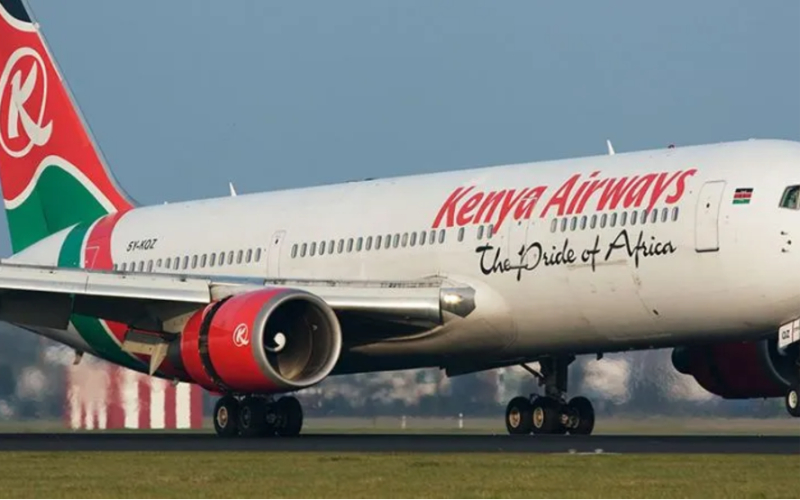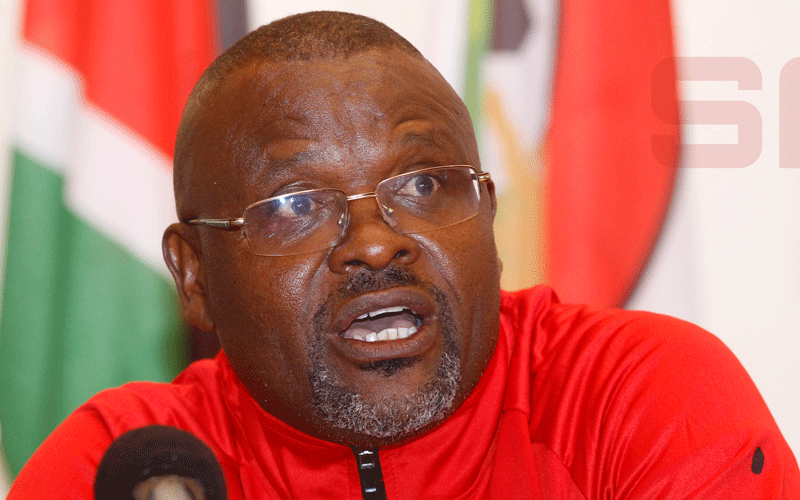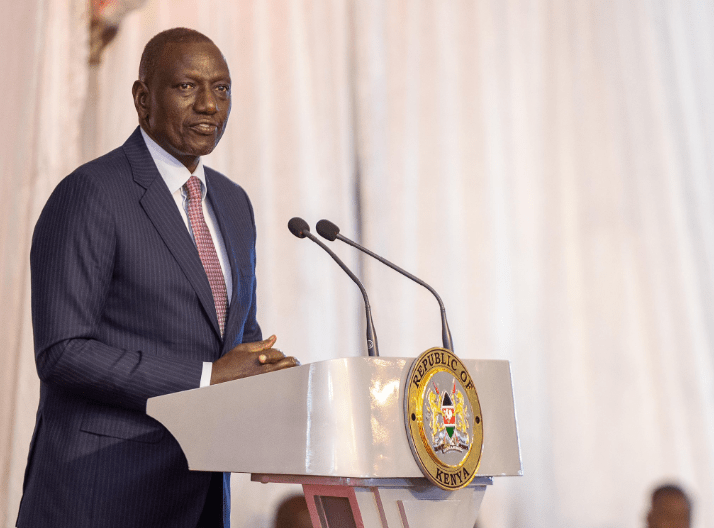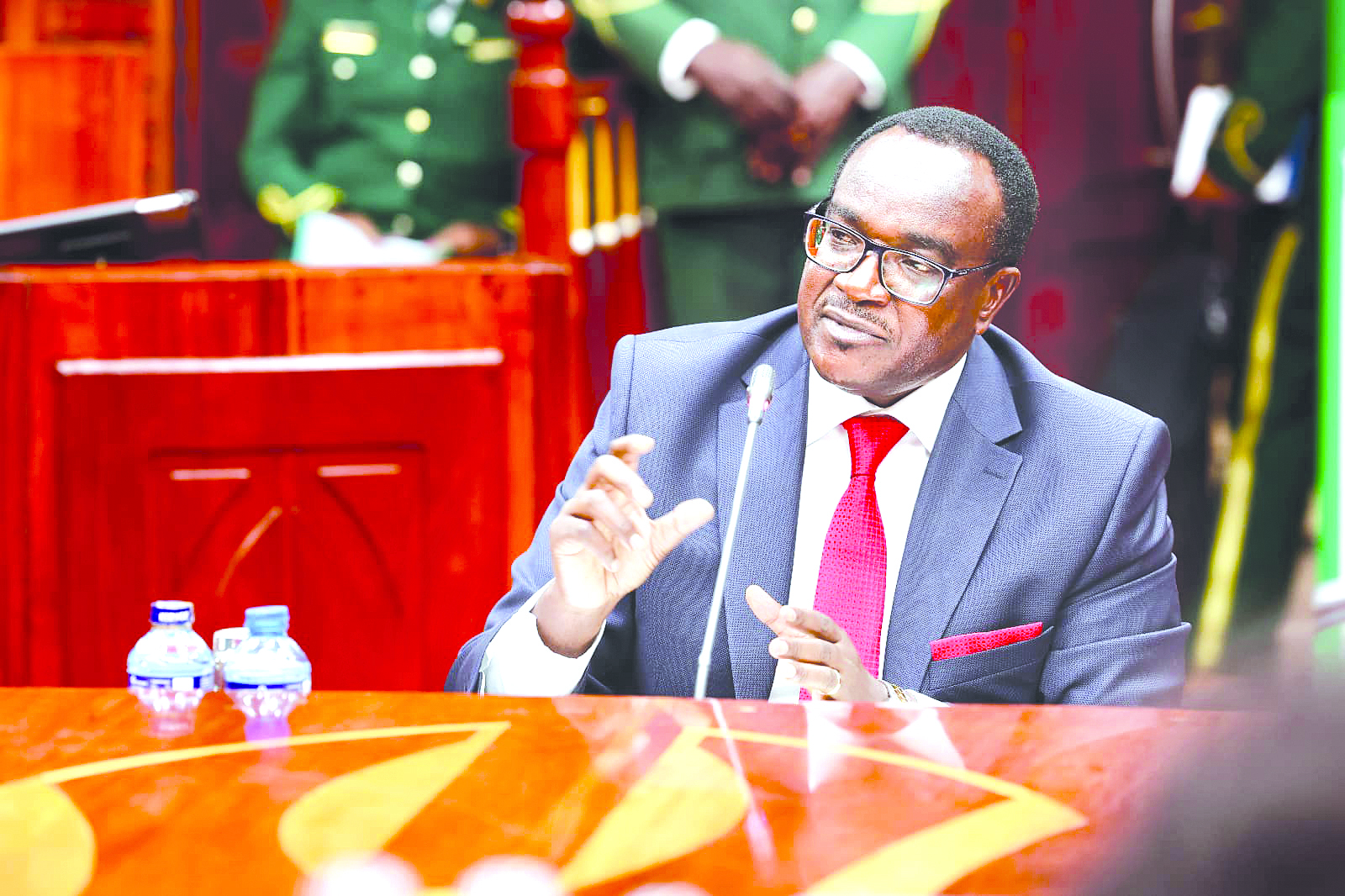Time to wean Kenya Airways off taxpayers’ money

Kenya Airways (KQ, as it is known by its international code), must stop relying on government bailouts and instead seek proper funding and implement the right structure and fleet number to be able to grow.
Most important, as the airline makes efforts to get into shape in order to make it attractive for potential investors, funding pressures dictate that it starts looking for a strategic equity partner immediately.
That the national carrier is in a sorry state is no longer in dispute. In August, KQ, which was surviving on State bailouts since the Covid-19 pandemic in 2020, reported a Ksh9.8 billion loss, continuing its long history as a failed State-owned enterprise.
Recently, the government announced plans to give KQ another Sh35 billion bailout, sparking uproar from Kenyans. It is right for taxpayers and Parliament to ask why the airline continues to get bailout money and extraordinary support from the government while registering disappointing results – making staggering losses.
There is no gainsaying that it is taxpayers who provide Kenya Airways with the bailout money and costly financial guarantees from the government.
There can be little doubt that the government can no longer afford to run Kenya Airways and neither should taxpayers be expected to, hence the need to engage strategic equity partners to provide further funding for the operations of the airline.
The government must simply give KQ away to anybody interested in taking it and with the ability to turn it around.
Government must step up efforts of seeking strategic equity partner to help the airline to be both solvent and liquid. Just like it was with the case of South African Airways that had become a major liability, we must accept the reality that the time when national airlines flew as carriers of national pride is a thing of the past—the liabilities must be cut to protect the pride of the nation.
Although, the bailout of the airline by successive governments was meant to keep the nation’s airline alive, it has become a huge financial burden. No doubt, the airline, which has remained in the red since 2012 has been propped up by the vast bailouts.
According to the International Monetary Fund (IMF), KQ remains insolvent with the highest cost base among regional airlines, with hefty loans whose repayment are overdue. IMF notes priorities of the restructuring plan should include network optimisation, lease negotiation, staff rationalisation ad other cost management efforts.
For a while, the government contemplated, but dropped nationalisation plan, that would have seen Kenya take the route taken by other countries like Ethiopia, running air transport assets under a single company, using funds from the more profitable parts to support others.
The government has been pushing for restructuring of the national carrier on the back of the multi-billion-shilling bailout. In this case, KQ is required to reduce its network, operate a smaller fleet and possibly lay off more staff.
While the airline remains optimistic and eyes profit in 2024, the future remains uncertain as it is straining to meet its operation costs, and only manages to stay afloat because of bailouts.
KQ is 49 per cent owned by the government and a group of 10 local banks which own 38 per cent of shares. Other shareholders include KLM Royal Dutch Airline which owns 7.8 per cent and employees (2.4 per cent) and the rest of shareholders hold about 2.8 per cent.
—The writer is a Public Policy Analyst












